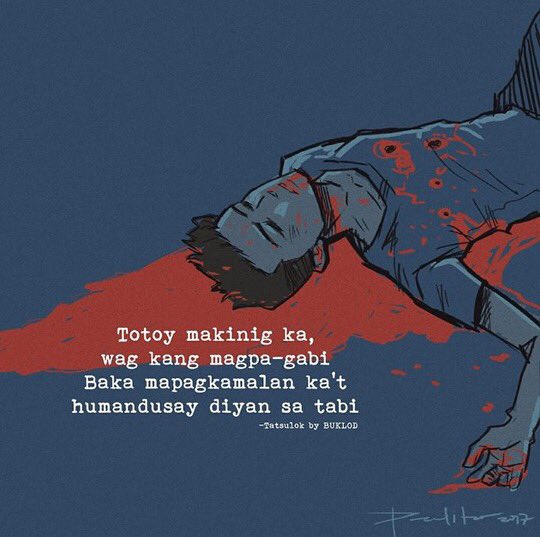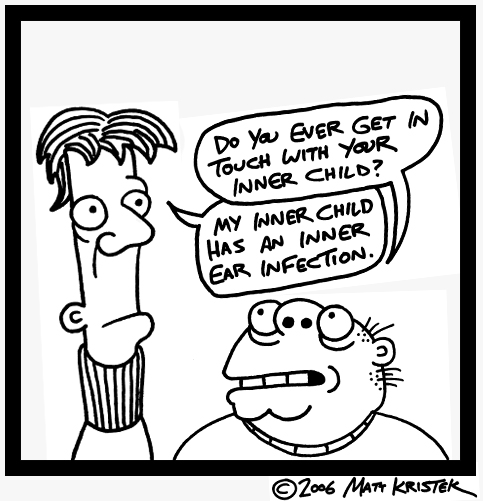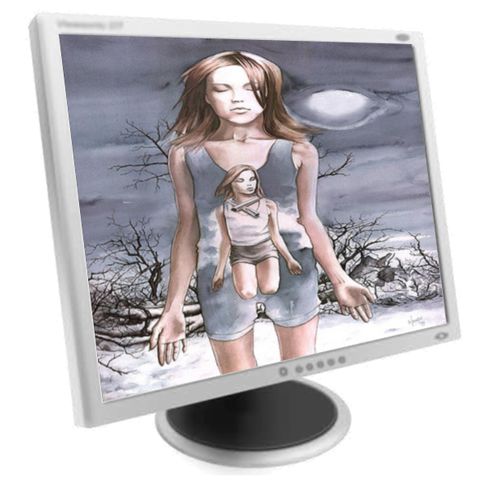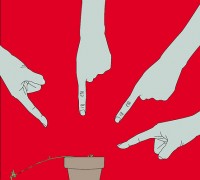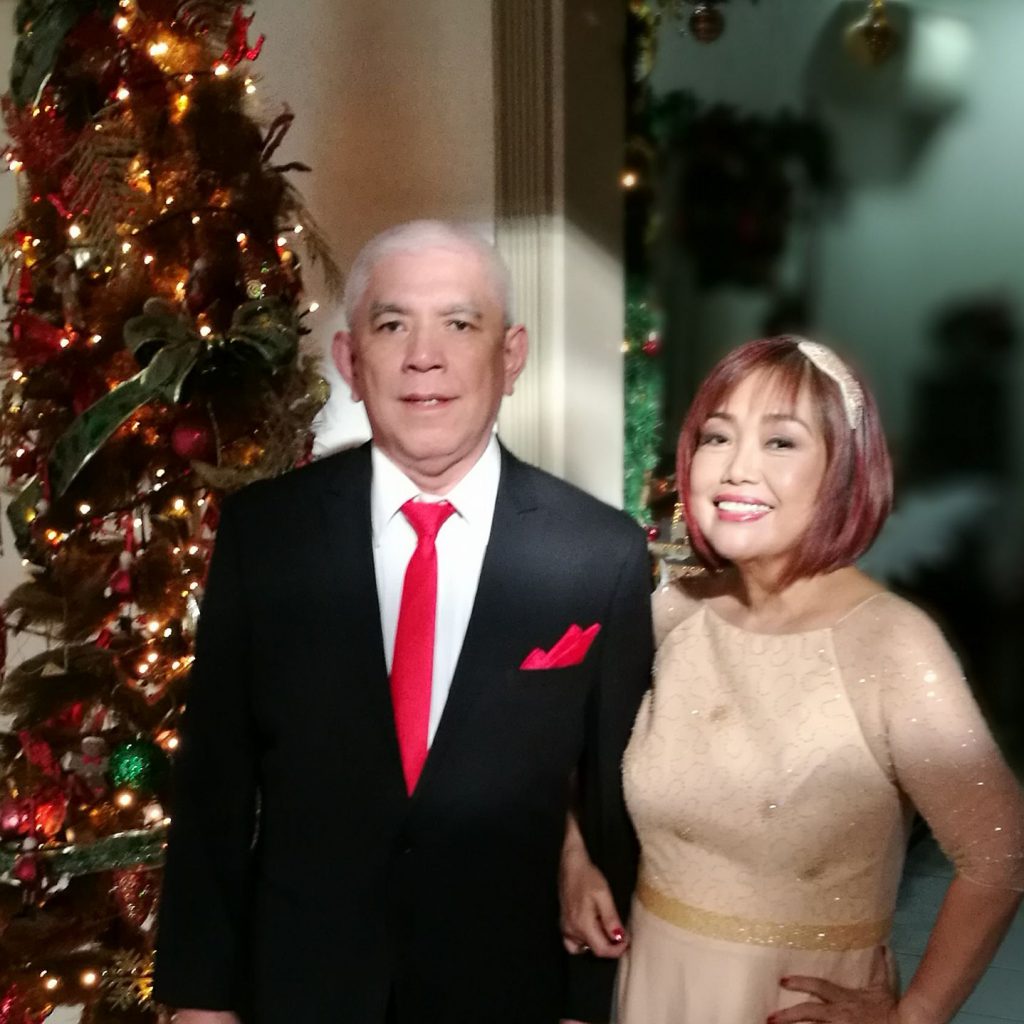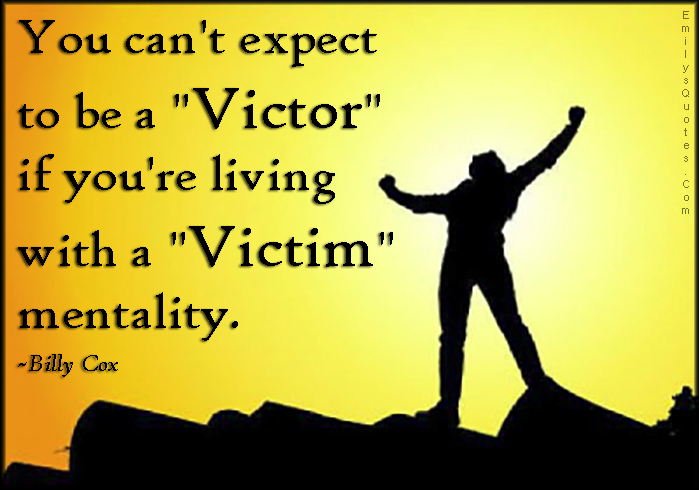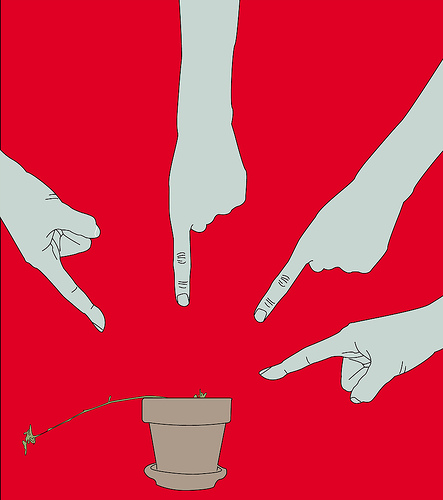
“Ikaw kasi!” Olivia blurted out to her friend Rose as they assessed the outcome of a project presentation. Prior to the big day, each of them had two different takes on the client’s proposal. After much debate, Olivia gave in to Rose’s peg but the client was not that convinced. A heated argument ensued. Rose felt her friend was quick to drop her like a hot potato when things go wrong but in the face of accolades, she would be eager to grab the limelight.
The blame game is a universal occurrence and the Filipino version can be summarized in two words “Ikaw kasi.” Loosely translated as “because of you”, “ikaw kasi” is a ready blurt-out when things go wrong.
This is deeply embedded in the Pinoy psyche that even young children seem to adapt the accusatory statement so naturally. When little Juanito stumbled, he promptly accused the playmate nearest him and pointed a finger at him, “Ikaw kasi!”
“Sabi ko na nga ba” (I thought so) or “sabi ko sa iyo eh” (I told you so) is a twin blame statement. Dora loves to pull this line when someone commits a boo-boo in her presence. Her son takes a wrong turn while driving and she comments, “sabi ko sa iyo dapat doon tayo eh” (I told you so, you should have taken the other street).” Her sister overlooks a damage in a new bag she bought and she goes, “sabi sa iyo mas maganda bumili sa kabilang tindahan e” (I told you so, you should have purchased from the other store.)
Filipinos may be a happy lot but they could really score low when taking full responsibility for personal mistakes or pitfalls. Level up “ikaw kasi” and we see the full spectrum in the Pinoy’s life. Beaten athletes throw in the towel in disappointment and they point to the referee’s wrong call, the judges favoring the opponent, or the underground syndicate manipulating the games.
Losing politicians sling mud at the dirty elections and dirtier archenemies. Even the president easily finger points to his predecessor for every act of corruption and scam happening under his administration.
Getrealphilippines.com furthers, “the Philippines has a long history of holding up excuses for its failure to prosper. The sorry state of the country — the least promising in a region of high achievers — has been blamed on imperialism, foreign meddling, dictatorships, bad weather, lack of ‘freedom’, and corruption. “
We have all seen it and have said it ourselves one time or the other, whether we admit it or not. But why is “ikaw kasi” so tempting to use? Elliot D. Cohen, Ph.D. explains that the blame game is based on four core irrational beliefs:
If something has gone wrong (or is not the way it should be), then someone other than myself must be identified and blamed for causing the situation.
This person/s’ malfeasance diminishes the respect he/she deserves as a person.
So, it is permissible (and only fitting) to treat this person/s in ways he/she deserves to be treated such as ignoring, name-calling, and in extreme cases, physical assault.
I must not accept any significant degree of responsibility for the situation inasmuch as to do so would be to admit that I am myself also diminished as a person, and therefore deserving of the same disapprobation and negative treatment.
Olivia is a classic case of the first irrational belief. The “Ikaw Kasi” virus carrier feels better when she points a finger to someone else when something goes wrong. Although Olivia initially agreed that her friend Rose’s peg was better for presentation, the client’s cold reception was a major letdown and Rose was the most convenient excuse for the apparent failure.
The second illogical premise is that a mistake diminishes the respect a person thinks he deserves. This point of view helps us why an rising athlete craving for respect among his peers and professional circle, and popularity from the public takes a loss as a major blow to his self-respect or more aptly, his pride. Blaming the unfairness of the referee’s call and the judges’ decision, and even the opponent’s alleged connection to the local Mafia may be helpful for him to lick his wounds.
Taking on the diminishing respect slant, “Ikaw Kasi” is justified by trying to get even with the unwitting victim. Little Juanito trips over a rock while running and blames a playmate closest to him. Convinced that he was pushed, he may even pick a fight to cover up his humiliation lest he be teased as stupid by the rest of the gang.
Dora, on the other hand, embodies Dr. Cohen’s fourth assertion that “Ikaw Kasi” people do not want anything to do with an awkward situation lest her self-respect will also be diminished. Dora is quick to point out mistakes and puts herself in a higher pedestal to appear higher and mightier.
Changingminds.org further explains that the main purposes for the blame game is finding excuse and displacement but a deeper look sums up to the fact that those who easily blurts out “Ikaw Kasi” lacks the emotional and psychological maturity to take responsibility and is ruled by fear of failure and rejection. Getting into the blame game may give a temporary relief but this will eventually backlash.
Dr. Cohen points out to lost opportunities by resorting to the “Ikaw Kasi” syndrome, “by failing to take personal responsibility the road to constructive change is blocked.”
Seasoned sports commentator Chino Trinidad aptly puts it in one of his reports. “Unless an athlete stops putting the blame on others and starts taking the responsibility to learn from his own mistakes and works on his weaknesses, he can never achieve true success.”
How do we break out of this compulsion? Dr. Cohen shares, “Give up your blame claim that someone always has to be blamed and made to pay. Everyday life isn’t a court of law and you aren’t the judge and jury. Accept yourself and others unconditionally.”
So the next time you err or get into an uncomfortable situation, take hold of yourself and breathe, “It’s my fault. I can do better next time.”
by Jasmine Barrios as originally posted at Philippine Online Chronicles
Photo: “Blame” by ???Ian, c/o Flickr. Some Rights Reserved
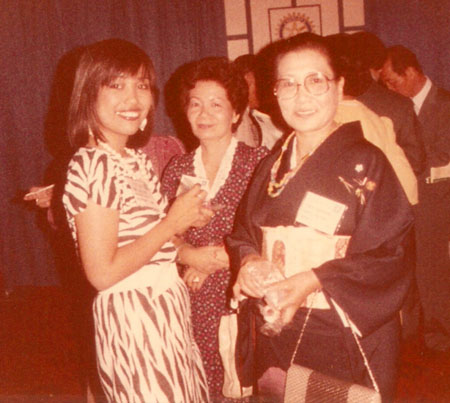
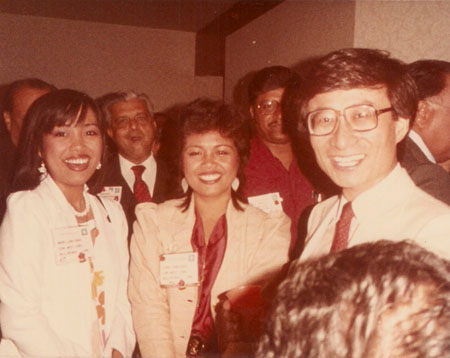
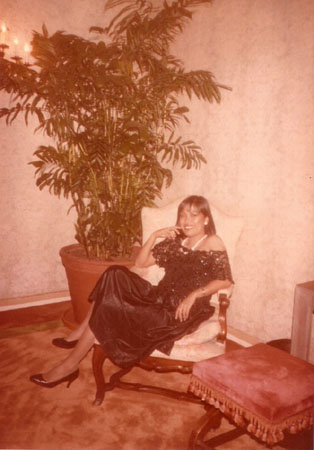





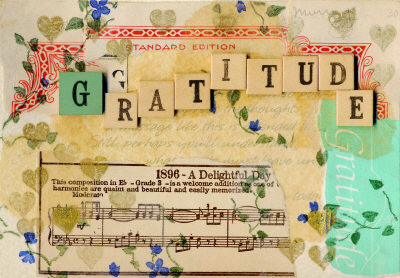 My three siblings in the US once sent me a Thanksgiving prayer citing our parents for the gifts we continue to receive even after their deaths. There will be one Thanksgiving day that I will surely join in their celebration. In honor of Thanksgiving Day, I have a lot to be thankful for today and everyday of my life.
My three siblings in the US once sent me a Thanksgiving prayer citing our parents for the gifts we continue to receive even after their deaths. There will be one Thanksgiving day that I will surely join in their celebration. In honor of Thanksgiving Day, I have a lot to be thankful for today and everyday of my life. Sometimes in life, things just happen too fast. We barely solve one problem then another problem crops up. We feel great in the morning but by nightfall we could be wallowing in misery. Everyday , I face interruptions, delays, changes and challenges. I have learned an important concept to get me through this stressful time and that is gratitude. I learn to say thank you, for all these problems and feelings. I don’t like this experience but Thank You anyway. I had to force gratitude until it became second nature to me. Gratitude helped me stop trying to control outcomes. Gratitude makes things right. It is the key that unlocked positive energy in my life.
Sometimes in life, things just happen too fast. We barely solve one problem then another problem crops up. We feel great in the morning but by nightfall we could be wallowing in misery. Everyday , I face interruptions, delays, changes and challenges. I have learned an important concept to get me through this stressful time and that is gratitude. I learn to say thank you, for all these problems and feelings. I don’t like this experience but Thank You anyway. I had to force gratitude until it became second nature to me. Gratitude helped me stop trying to control outcomes. Gratitude makes things right. It is the key that unlocked positive energy in my life.